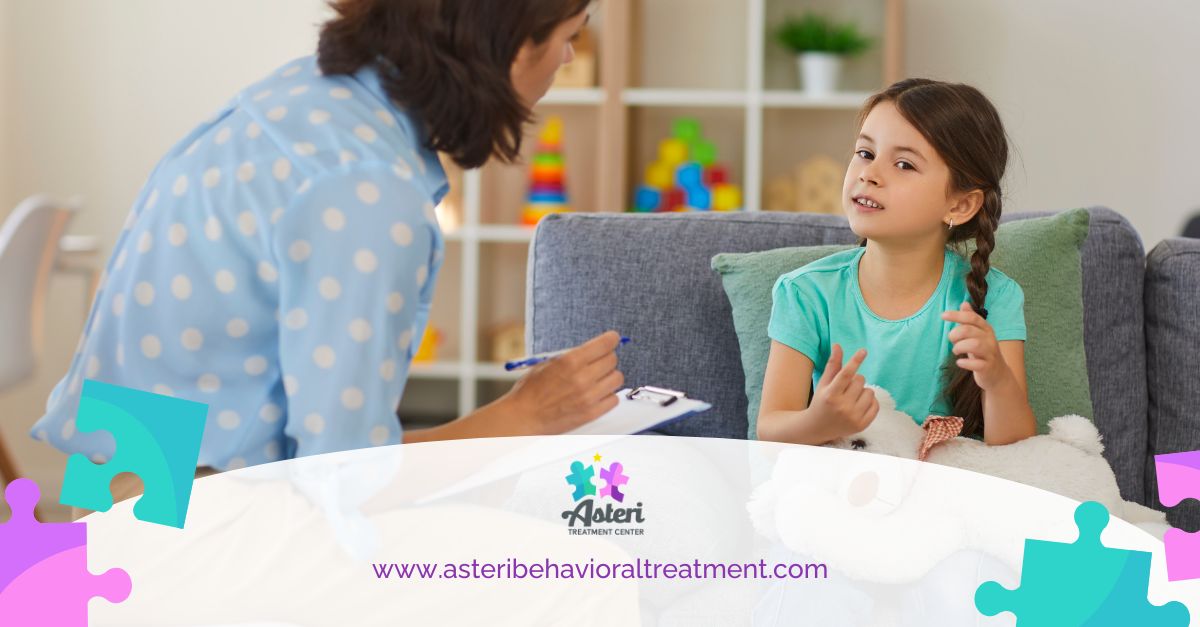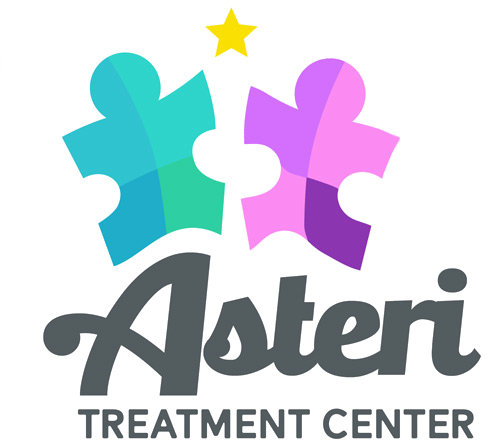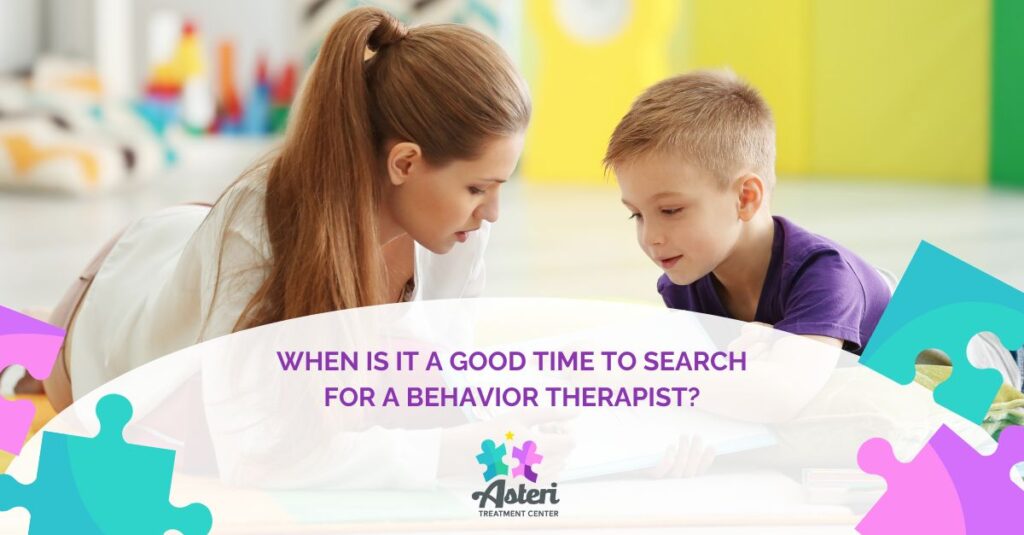Parenting a child who is showing signs of Autism Spectrum Disorder (ASD) or developmental delays can feel overwhelming. Questions linger in your mind—how can I support my child? What therapies are out there? When is the right time to seek intervention?
If you’re considering behavior therapy, the simple answer is this: the earlier, the better. Early intervention not only allows your child to build vital skills but can also help alleviate some of the challenges parents face.
Why Is Early Intervention Essential?
Behavioral therapy is one of the most effective tools for helping children with ASD or related challenges. Evidence supports the idea that starting intervention during a child’s formative years—often between ages 2 and 6—can have a significant impact on their long-term development.
Key Benefits of Early Behavioral Therapy
Young children’s brains are highly adaptable, which makes it easier for them to learn new skills during early development. Early therapy focuses on building essential communication, social, and behavioral skills that can be particularly challenging for children with ASD. Additionally, early identification and intervention can help manage or reduce problematic behaviors before they become more ingrained. These therapies aren’t just for children; they also provide valuable support for parents. A professional behavior therapist works closely with families, offering tools and techniques to help navigate daily life more effectively. The sooner you seek help, the greater the opportunity to positively influence your child’s development.

Signs That It’s Time to Look for a Behavior Therapist
Finding the right time to search for a behavior therapist often starts with noticing certain signs in your child’s behavior. While every child develops differently, the following cues could indicate a need for support:
1. Communication Delays
If your child has difficulty expressing their needs or understanding what others are saying, behavioral therapy can offer strategies to nurture language and communication skills. This includes both verbal and non-verbal communication.
2. Limited Social Interaction
Does your child avoid eye contact or struggle to engage with peers? While many children are naturally shy, consistent challenges with social skills may signify something more.
3. Repetitive Behaviors
Repetitive actions, such as hand-flapping, lining up toys, or fixating on specific objects, could indicate the need for therapy to help redirect such behaviors into more adaptive routines.
4. Sensory Sensitivities
Does your child seem overwhelmed by loud noises, bright lights, certain textures, or other sensory inputs? These sensitivities are common in children with ASD, and a therapist can help manage their reactions.
5. Behavioral Challenges
Aggression, difficulty transitioning between activities, or intense meltdowns might be signs that your child could benefit from interventions tailored to behavioral management.
Recognizing these signs is the first step to empowering your child to overcome challenges and thrive.
The Role of Asteri Treatment Center in Supporting Families
At Asteri Treatment Center, we believe every child deserves the opportunity to shine. Our expert team of behavior therapists specializes in creating personalized therapy plans tailored to each child’s unique strengths and challenges. We offer comprehensive services for both kids and parents, with therapy plans customized for children and education workshops designed to help parents provide daily support. Together, families experience measurable improvements in daily routines, social interactions, and communication.
At Asteri, you’re not just a client—you’re part of a supportive community of families navigating similar challenges. If you’re considering whether it’s the right time to explore behavior therapy, our team is here to make the first step simple and stress-free.
How to Get Started with Behavioral Therapy
Searching for help can feel daunting, but taking it one step at a time makes it manageable. Start by consulting your pediatrician—they can offer valuable insights and recommend therapy options. Next, contact reputable centers, such as Asteri Treatment Center, to schedule an assessment. During the assessment, discuss any concerns or behaviors you’ve observed to help the therapist create an effective plan tailored to your child’s needs. Remember, therapy requires time and commitment, so staying consistent with sessions is crucial for achieving the best results. Lastly, celebrate progress along the way—every small win is a significant step toward your child’s success in the collaborative process of behavioral therapy.
It’s Never Too Early or Too Late
Whether your child has just received an ASD diagnosis or you’re simply noticing behaviors you’d like to address, seeking early intervention is the key to unlocking their full potential. Behavioral therapy offers more than just a plan—it provides hope, guidance, and the tools to overcome challenges both big and small.
If you’re ready to begin your child’s behavioral therapy journey, the team at Asteri Treatment Center is here to help. Schedule a consultation with us today to discuss how we can support your family. Together, we can help your child thrive.

